KATHMANDU: Experts at an interaction program today opined that any skepticism on the Millennium Challenge Corporation (MCC) issue was irrelevant.
Speaking at a program organized by the Institute for Strategic and Socio-Economic Research (ISSR) at the Pavilion Hall at Durbarmarga, Kathmandu, Dr. Shankar Sharma, Nepal’s former ambassador to the United States of America asserted Nepal had approached for MCC grant in 2002, while he was an ambassador to the US.
However, owing to various indicators, as Nepal failed to comply with then, Nepal was unable to entertain the grant that could have changed the fate of the country provided it had come then.
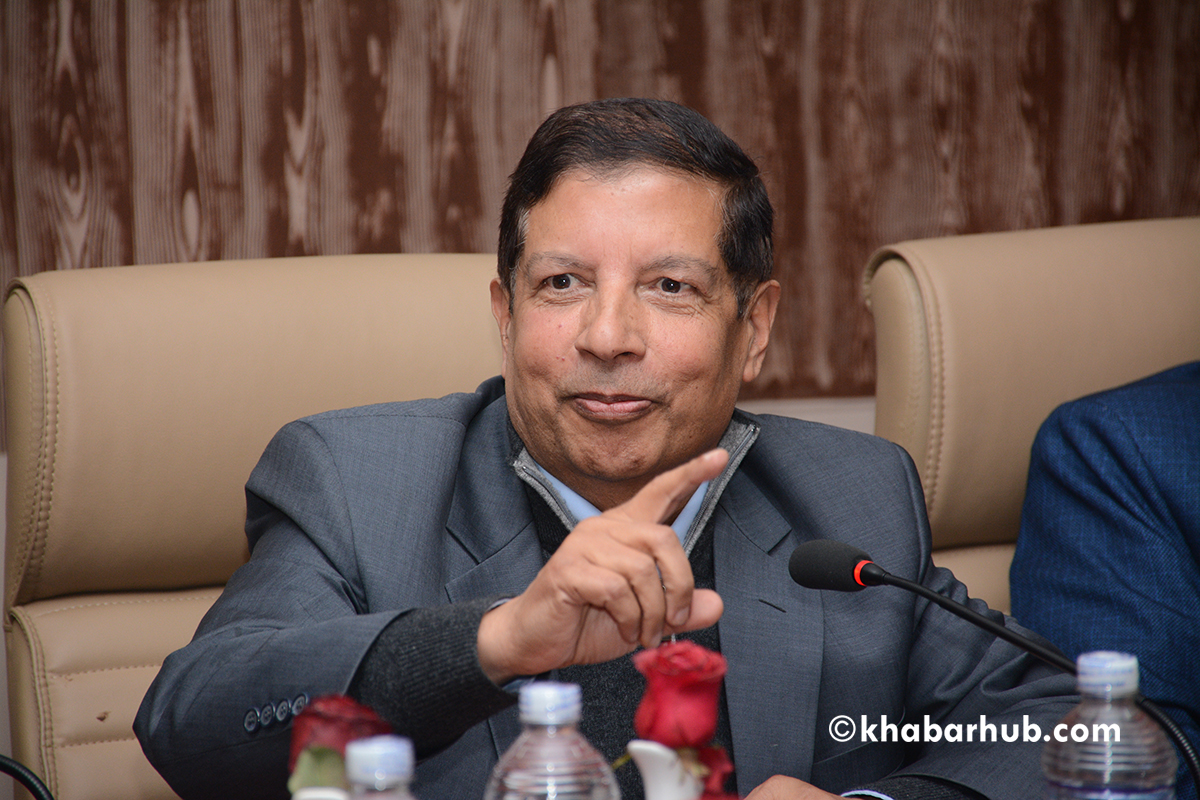
Dr. Sharma clarified that there was no relationship between MCC and the Indo Pacific Strategy as it had come into existence only in December 2017 which was after Nepal signed the MCC.
“MCC is currently in implementation in 29 countries of the world, and the remarkable fact is that many countries entertaining MCC grant do not belong to the Indo-Pacific region,” Dr. Sharma claimed.
“Despite the fact that USA might include the MCC grant in the IPS report,” Dr. Sharma added, “There is no mention of IPS in the MCC Compact Nepal has signed. We have taken many types of aids from the USA. Therefore, there is nothing wrong accepting one on MCC.” Dr. Sharma concluded.
Dr. Surya Raj Acharya, an infrastructure policy expert, and spokesperson of the Sajha Party Nepal opined that Nepal should not miss the MCC grant. He demanded that the government should consider diplomatic initiation to ensure the successful launch and implementation of MCC Compact.
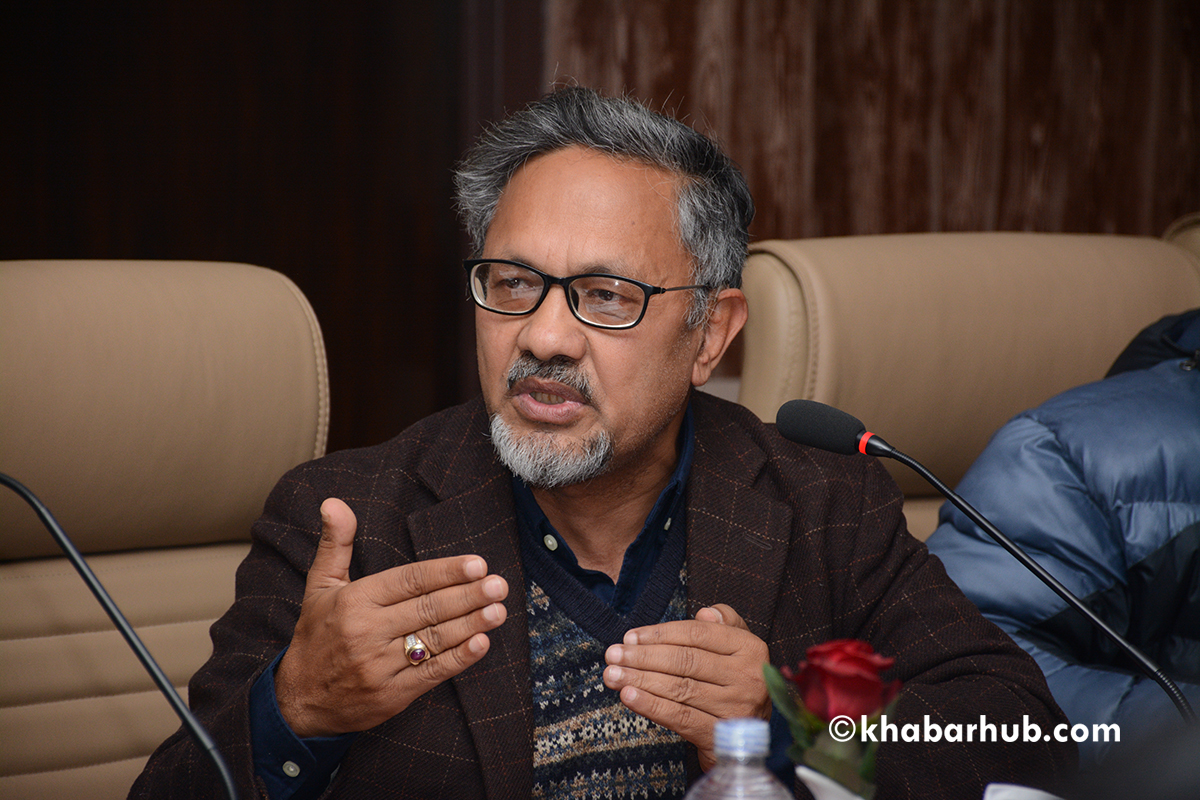
Citing that the conditions mentioned in the MCC Compact were far much softer than the one set by ADB and the World Bank, he appealed all to thoroughly analyze the foreign aid policy of Nepal.
“MCC grant is harmonious to our development model and as per the foreign aid policy,” Dr. Acharya added, “Besides, USA is our development partner for long.”
“Not only USA, but every donor is also guided by its donation policy,” Acharya said ahead, “We as a sovereign nation, should belive in our capacity of distinguishing whether it is in our better interest or not.”
He regarded the current dispute on MCC as ‘unfortunate.’
Echoing with the gist of Dr. Acharya, Prof. Vijay Kanta Karna, Nepal’s former ambassador to Denmark, remarked that every donor has its own donation policy and it is all up to the receiver to decide whether to take it or not.
“All aid distributed to various countries is channeled through the Department of State of USA,” Prof. Karna said, “ So, it is likely that some of its interests are inherited in the project.”
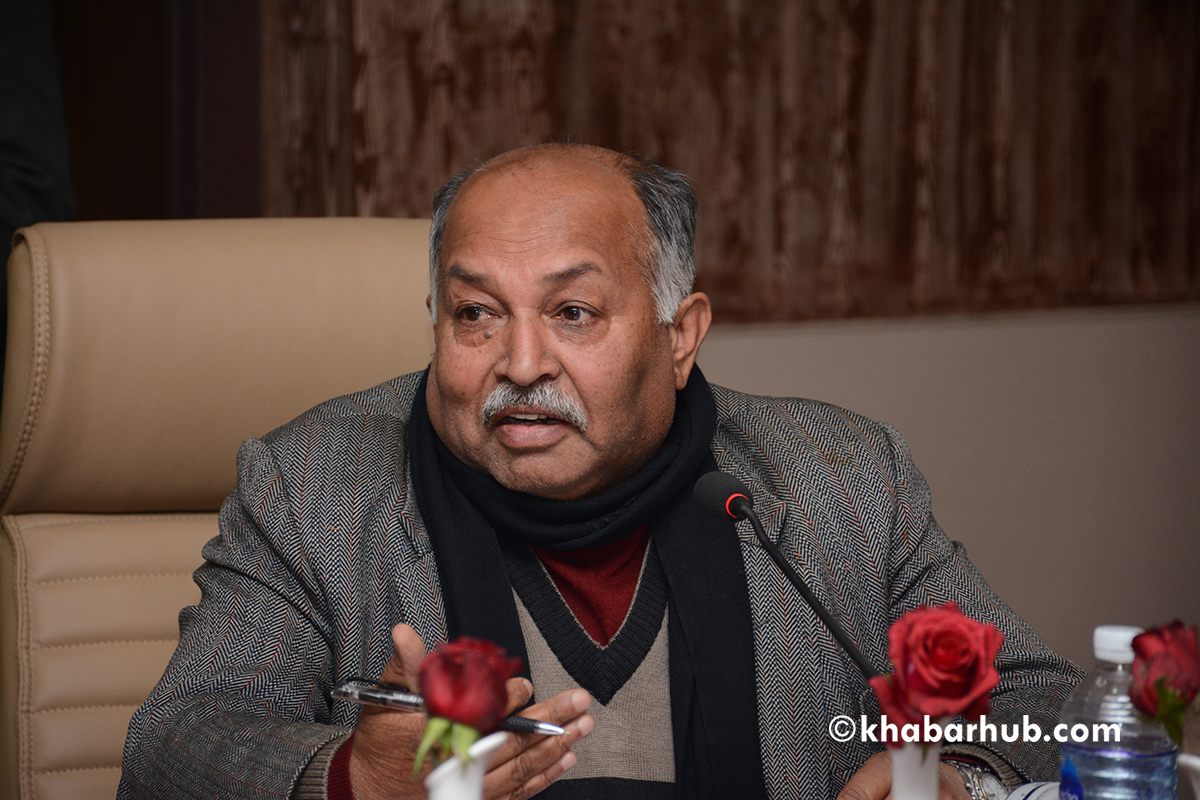
Citing the lively example from the society where each parent expects the investment made on their children to materialize as per the former’s wish, he opined that MCC should be ratified without much fuss for few reasons.
Firstly, the conditions mentioned in the Compact were softer than the conditions of the World Bank and ADB whose documents are never questioned at the time of getting a loan. Secondly, the project was not like BRI (Belt and Road Initiative) forwarded by China which demanded Nepal to be the partner and make an investment in the interest of BRI itself.
Prof. Karna asked all to be guided by national interest while discussing the foreign policy and asked those opposing MCC to compare and contrast the conditions, grants, and mechanisms of MCC with BRI and find the ground for rejecting MCC. He asked all to consider the credibility questions the hesitancy shown in the last minute might raise provided the dispute is prolonged leading the failure of the project.
Yadav Sharma, a member of the foreign affairs department of Nepal Communist Party came with the opinion that provided some conditions are dubious in nature they should be altered at the consultation of both sides.
Lamenting the inability to judge it beforehand, he expected the discussion to take the dispute at the logical end ensuring the best interest of the country.
However, Gajendra Bahadur Mahat, another MP from the ruling NCP believed that MCC Compact will be ratified by the parliament. He said it is unlikely that the USA intends to bypass India and China on the foundation of MCC.
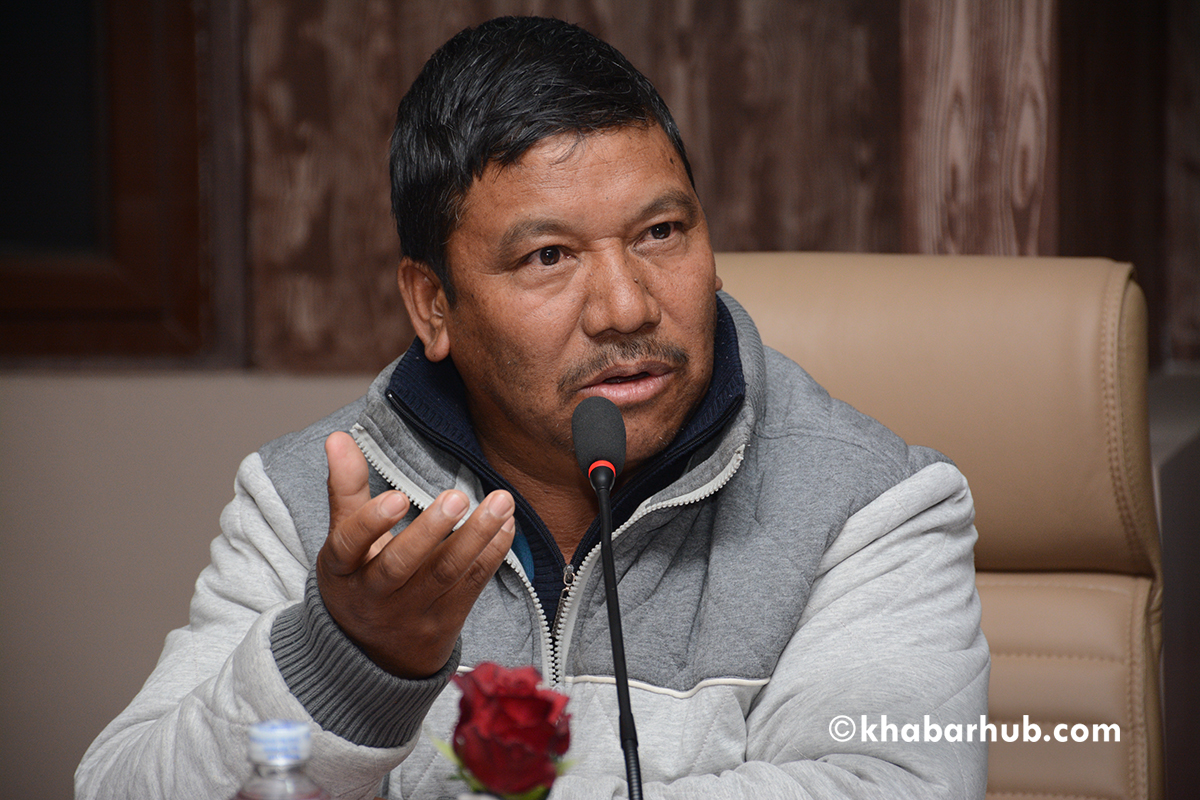
“No conditions seem to be including the military alliance hence it was not much good to discuss MCC as a prospective military alliance against any of our neighbors,” Mahat added.
Prof. Dr. Ganga Thapa came with the opinion that such discussions which should have been held prior to signing the agreement help us realize the precautions we have to take while making an agreement at the international level.
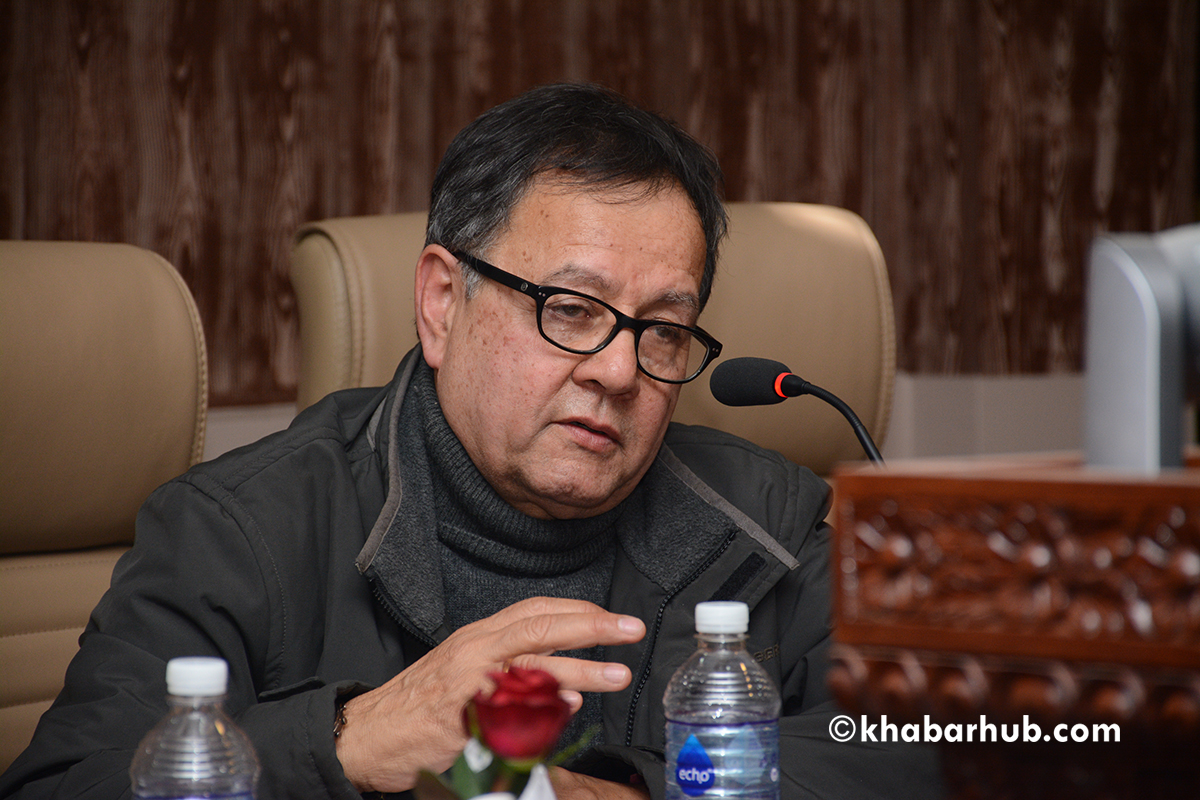
He advised the government to open the floor for discussion and ratify the Compact in consultation with the stakeholders.
Former DIGP Hemanta Malla negated the speculations of the USA planning to use Nepal against India or China through this Compact. Citing that there are various instances where Nepal has been entertaining aid from many countries in security training, he dismissed the questions about the US trying to make Nepal its security partner through MCC as baseless.
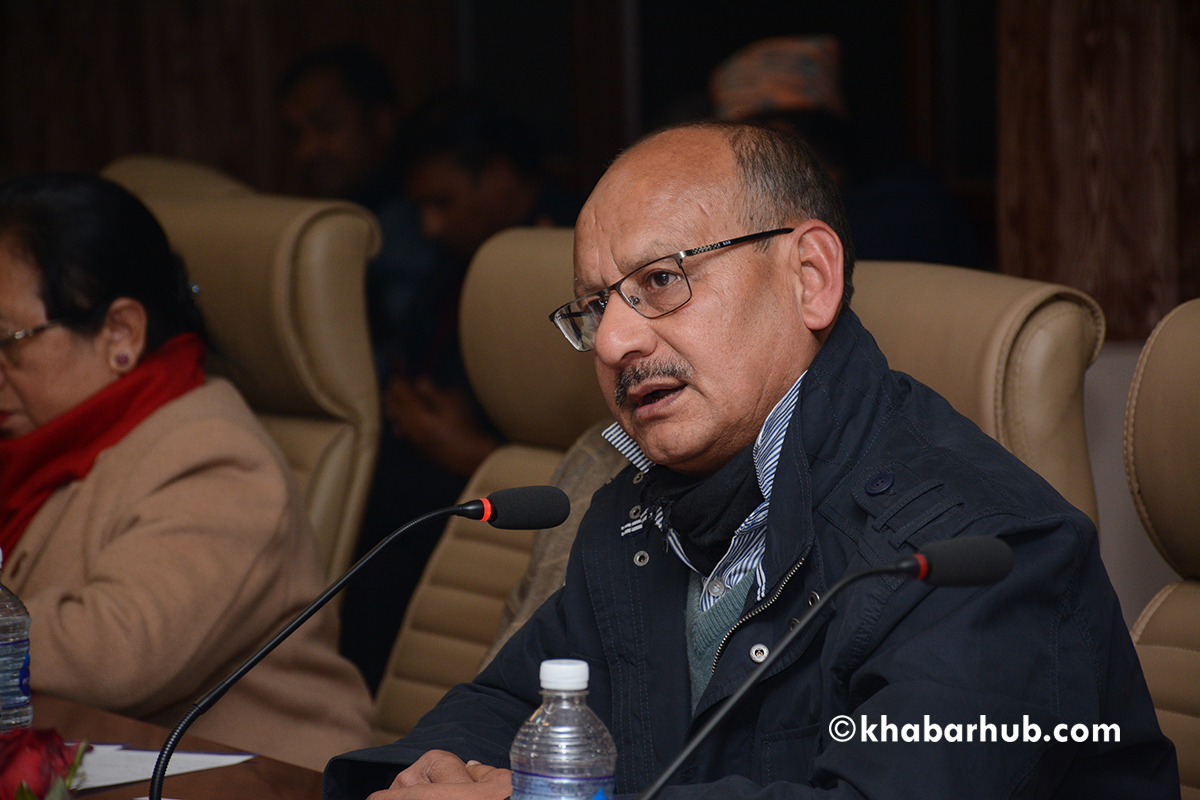
He hinted at the trend of hyper-concern regarding the help coming from India or the USA and said most of them were baseless.
Dr. Narendra Man Shrestha, former Secretary at the Ministry of Law, reiterated the need to ratify the Compact as most of the conditions included in the Compact were similar to the agreements those concluded with other donor agencies.
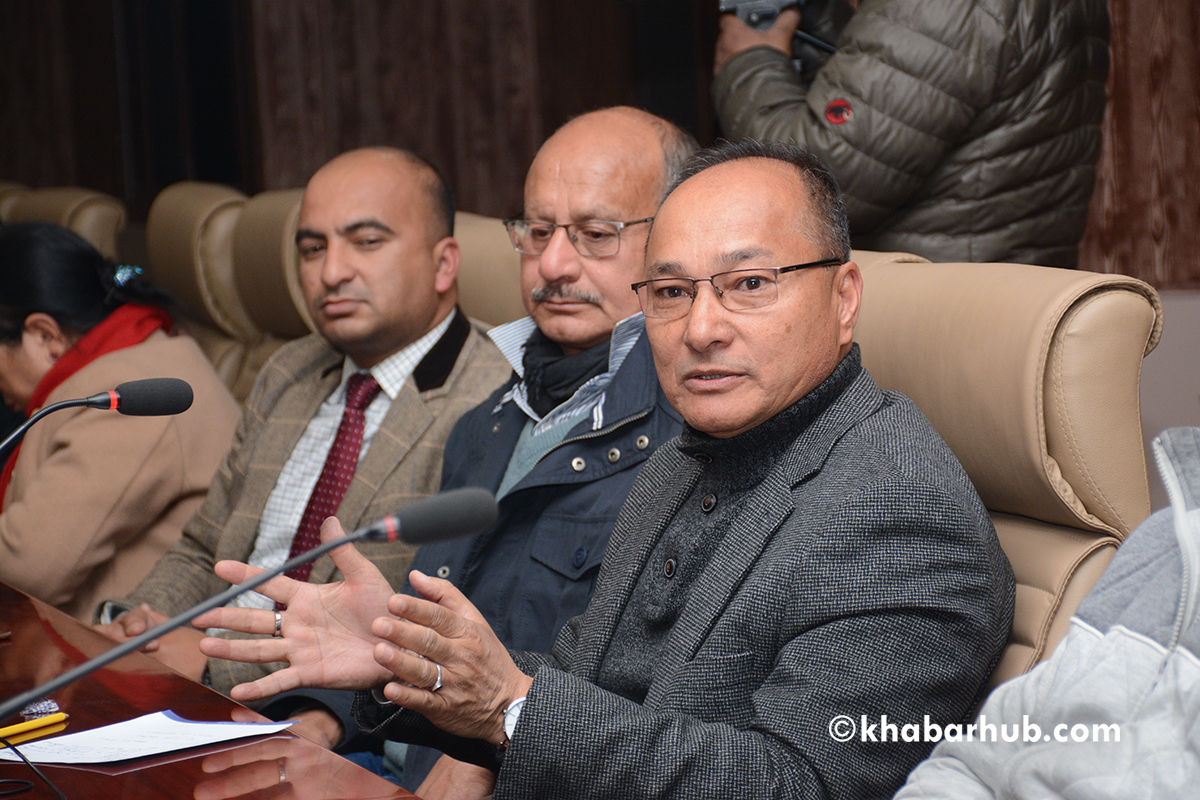
Citing that most of the laws ratified by the parliament were not as clear and positively impacting as the one proposed, he advised going forward with the deal as it is a grant, and will not end up in a debt-trap.
Political risks, political instability, non-cooperation between ministries, frequent changes in the law, and rampant corruption, among others, have been the major obstruction to implementing projects in the country.
Narayan Adhikari, a counter-terrorism expert differentiated security cooperation from security alliance and made it clear that Nepal had been entertaining security cooperation from many countries like India, China, USA to mention few.
“No conditions mentioned in the Compact seem seeking Nepal as a member of USA’s security alliance,” he said, “there is no need to make it a molehill.”
Mahantha Thakur, a senior politician and senior leader of Rastriya Janata Party stated that all donors have some interests.
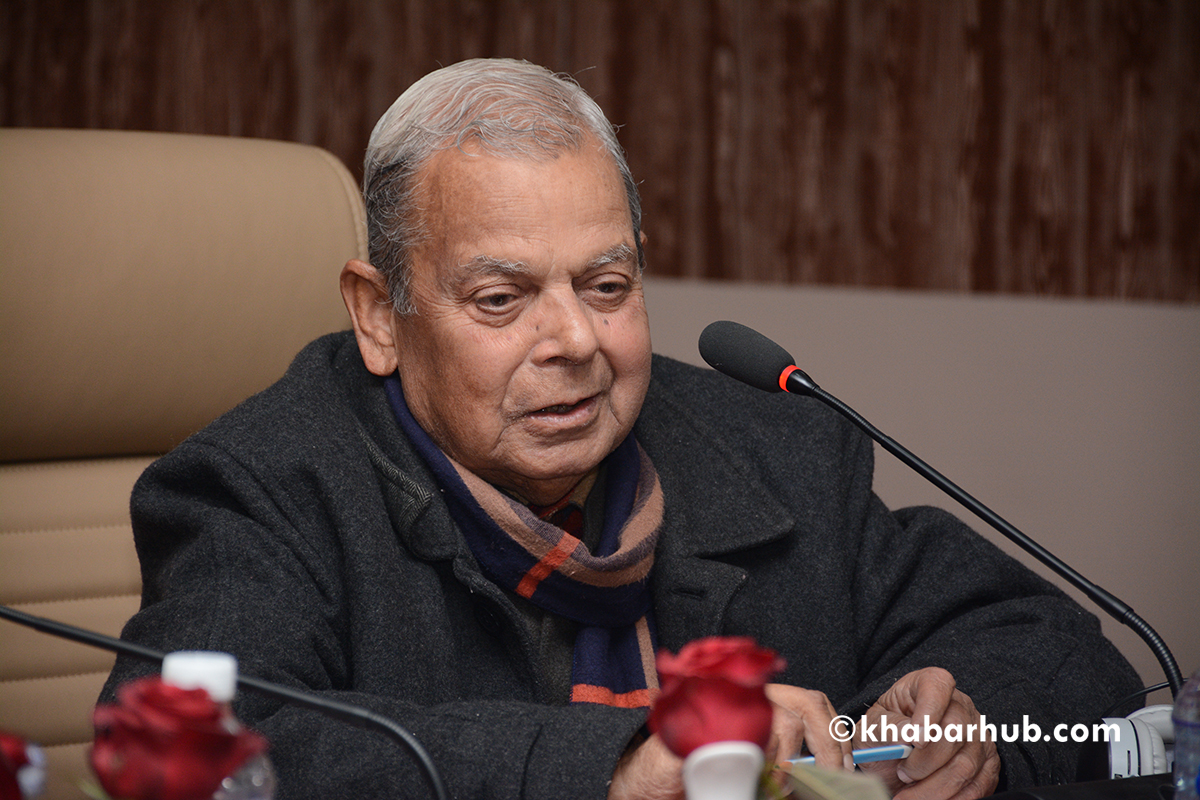
“They often express them as advice and sometimes the advice of the powerful ones may seem mandatory.” Senior leader Thakur said adding, “We have to accept them at our interest.”
Bishnu Prasad Dahal, the Chair of Finance Committee at the Federal Parliament, asked all to be realistic and show maturity while dealing with the issues related to the nation’s image in the international arena.
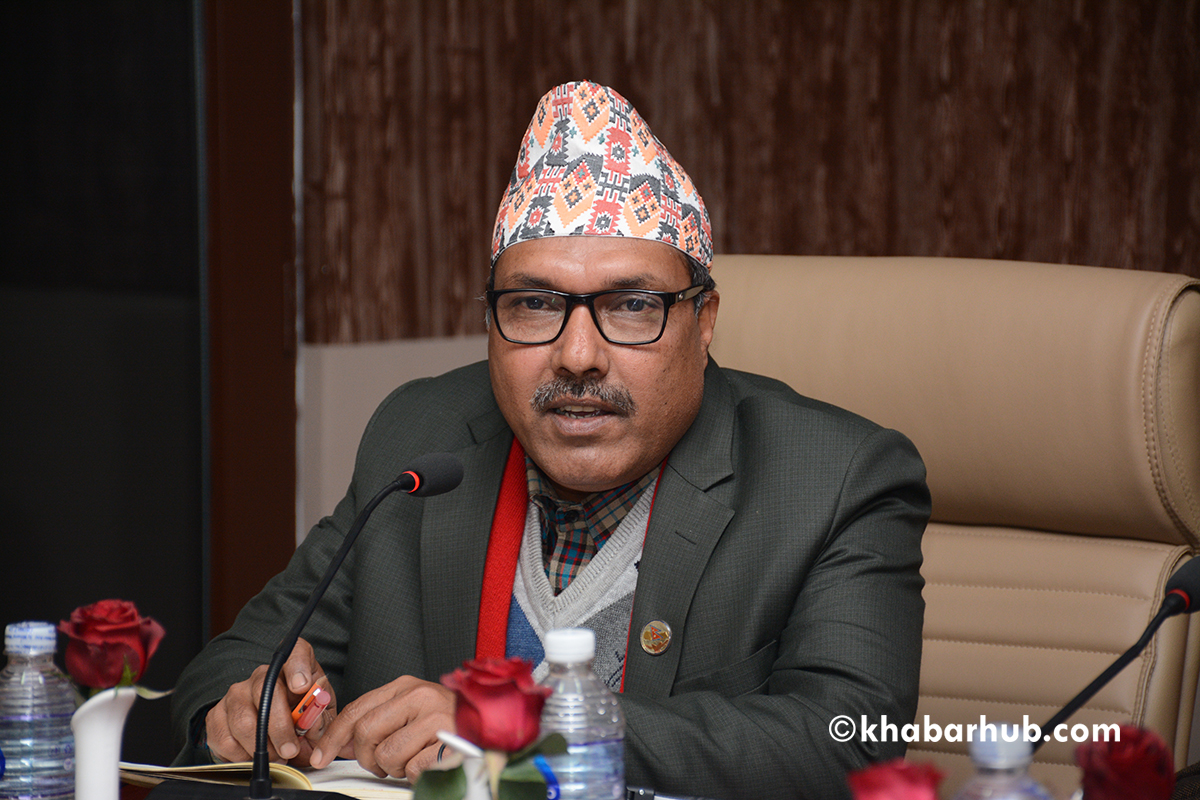
“Instead of arguing about the issue too lightly, we have to balance our view and think about our credibility on the international level.” Dahal expressed his view on the issue.
He said that we should not be provoked by anyone’s interest. He hoped that the Compact would be ratified by the running session of parliament and showed his readiness to cooperate affirmatively provided the issue came to the committee.
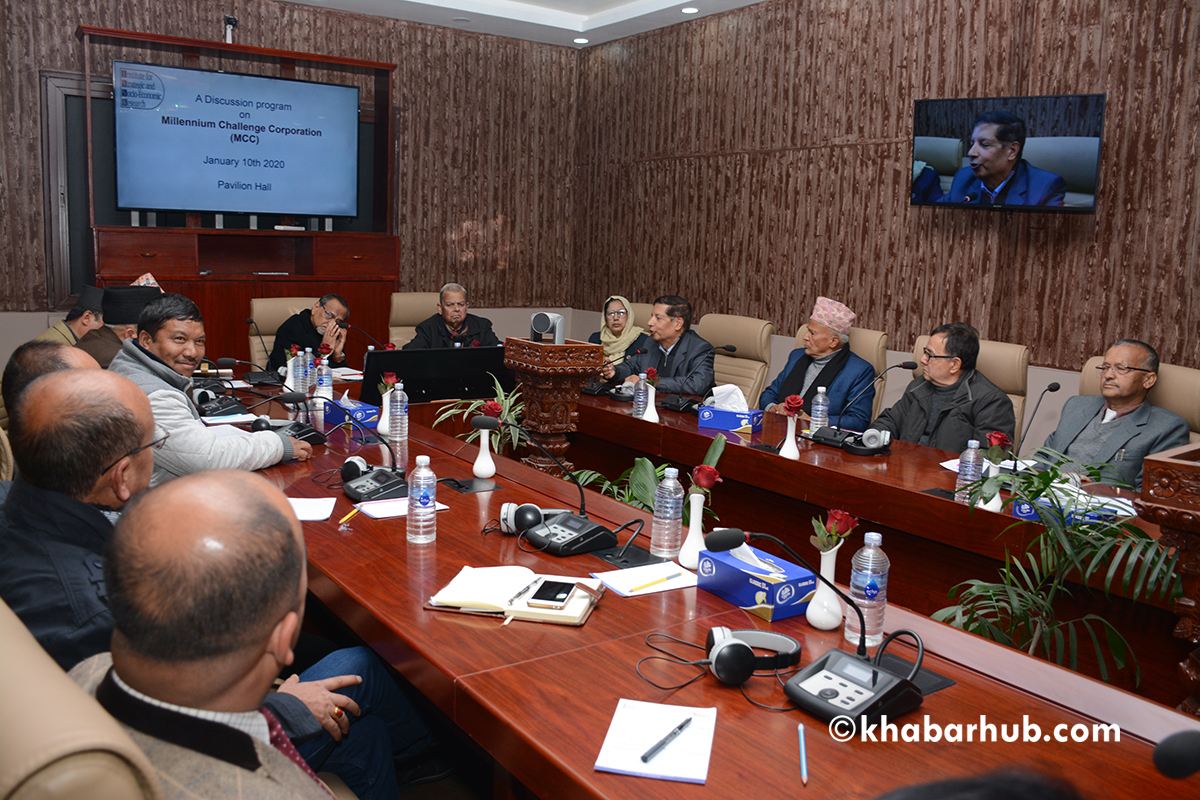
Prof. Dr. Bishwambhar Pyakuryal, a Senior Economist, former ambassador and chairperson of ISSR opined that there was no need to grope for the point to argue against as the US Ambassador to Nepal has made it clear the project had no hidden intent of making any military alliance.
He said, “We have to be guided by the words and spirit of the Compact and as there is nothing against Nepali interest, there is no need to argue against it.”
“We should accept all such grants which are likely to impact Nepal affirmatively by improving strengthening its infrastructure.” Dr. Pyakuryal concluded.

Offering his closing note Prof. Dr. Govind Nepal shed light on the purport of the program and said the program has tried to shed light on various dimensions of MCC, the issues raised against it and the need to ratify it.
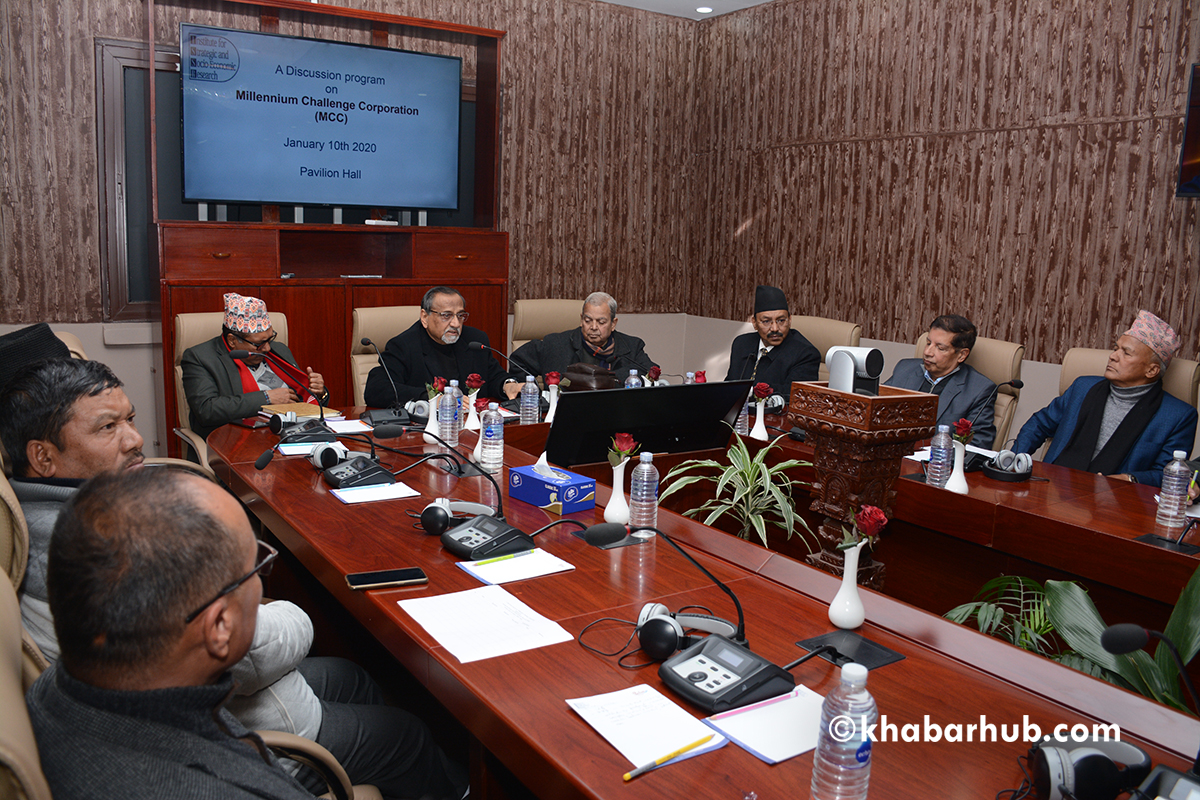
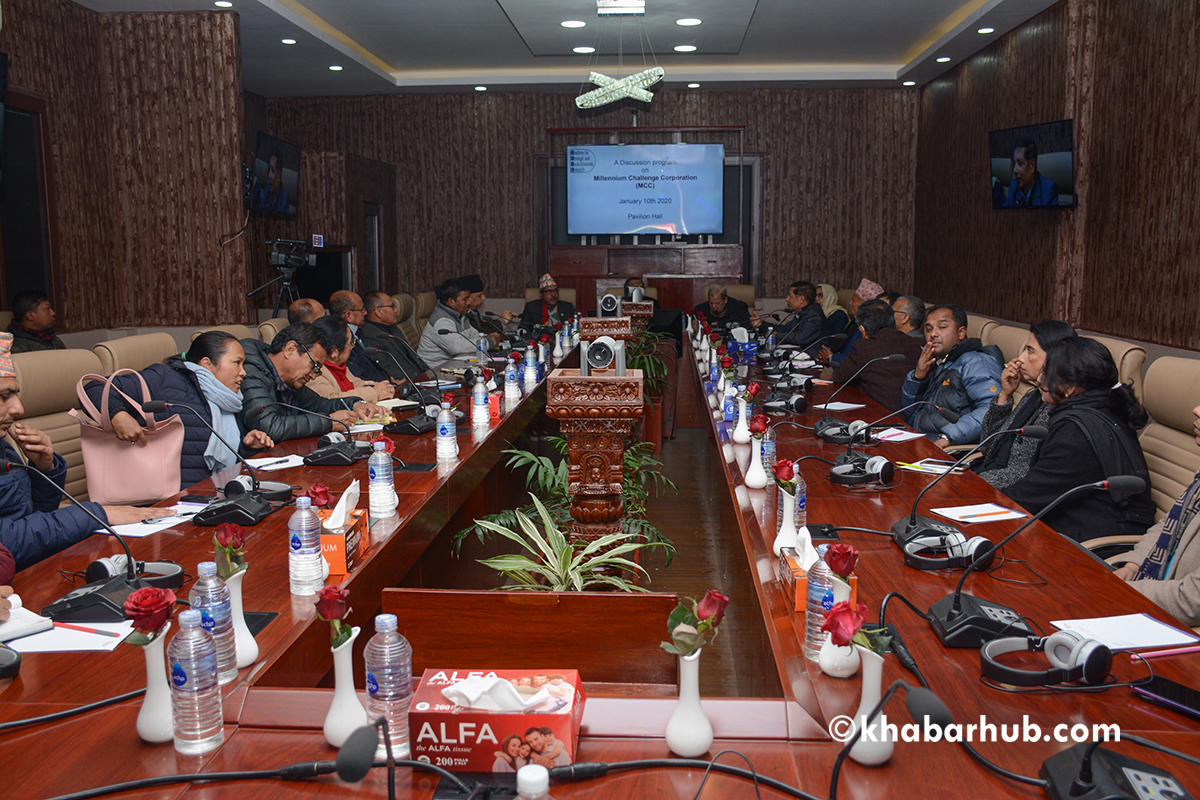
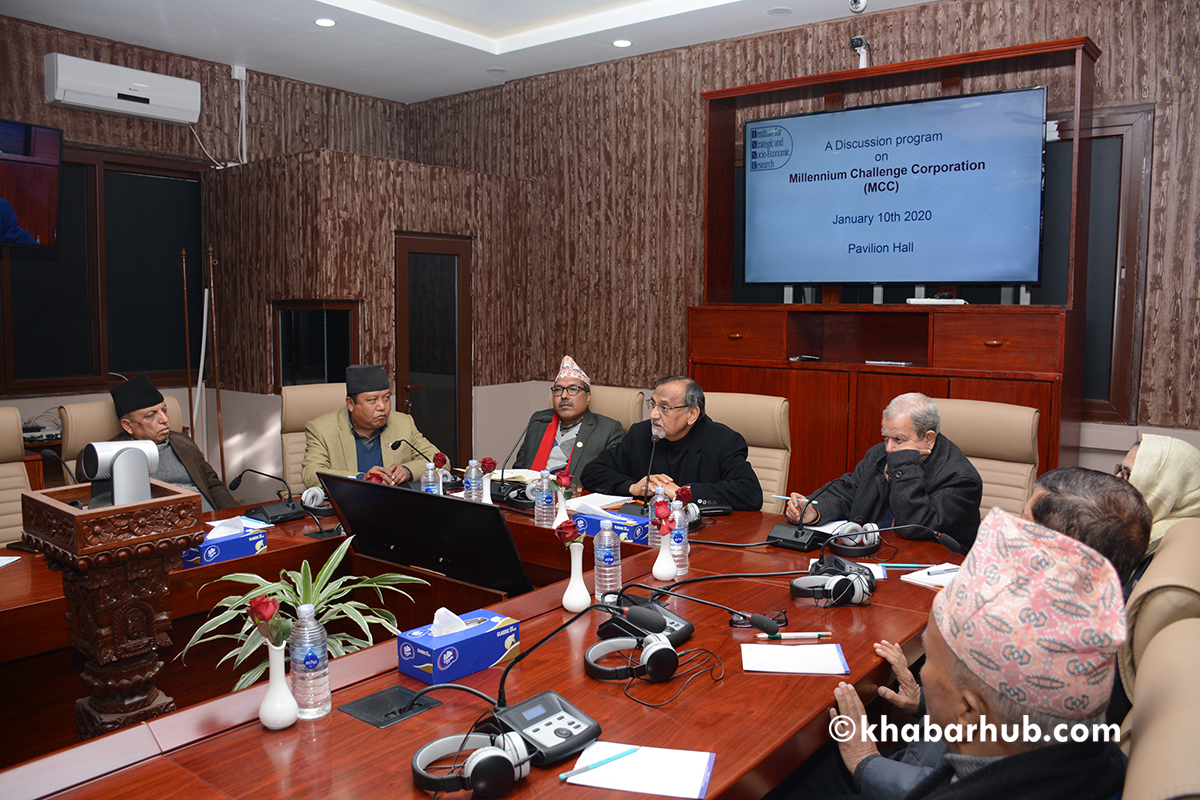
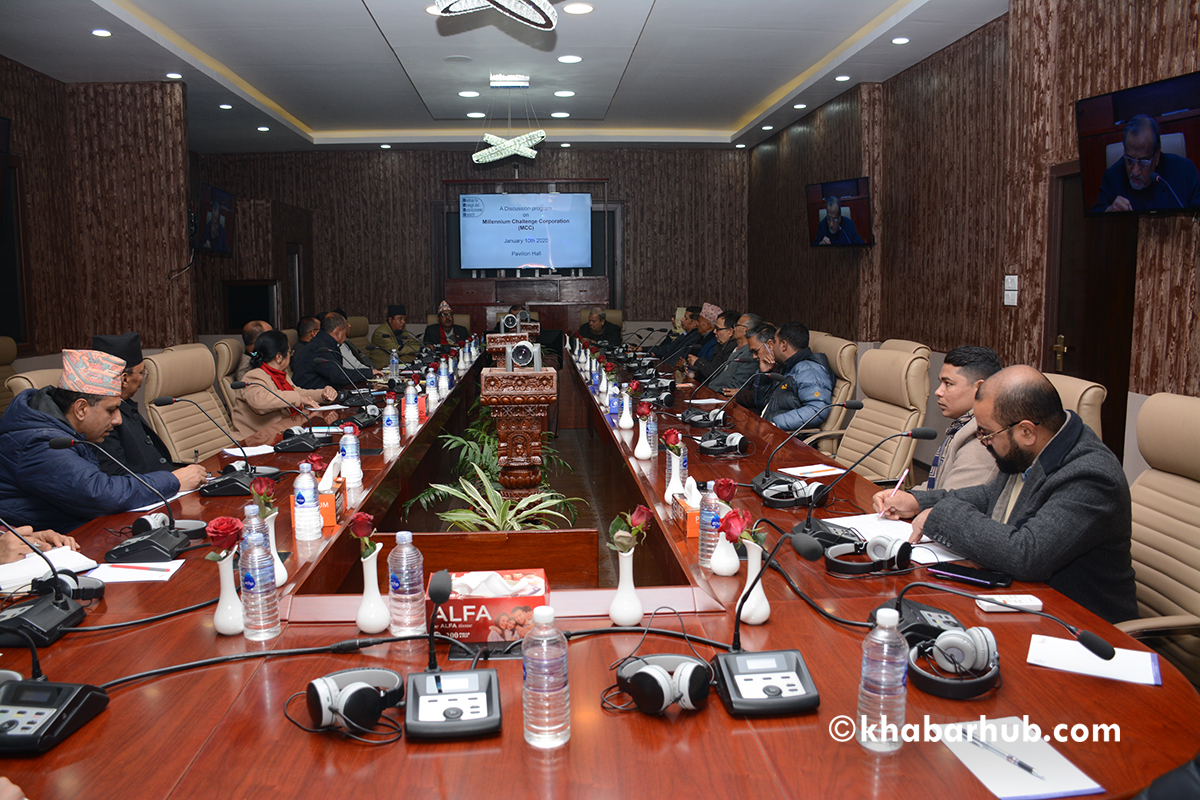


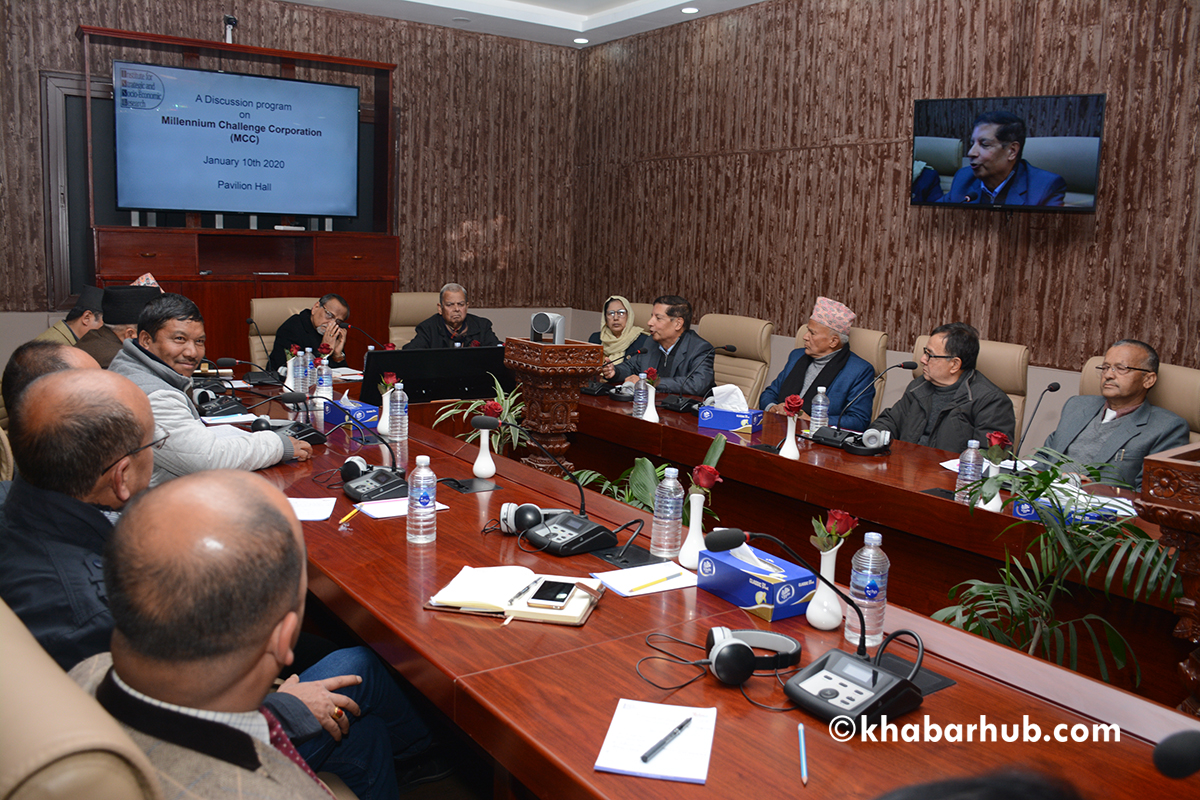






Comment